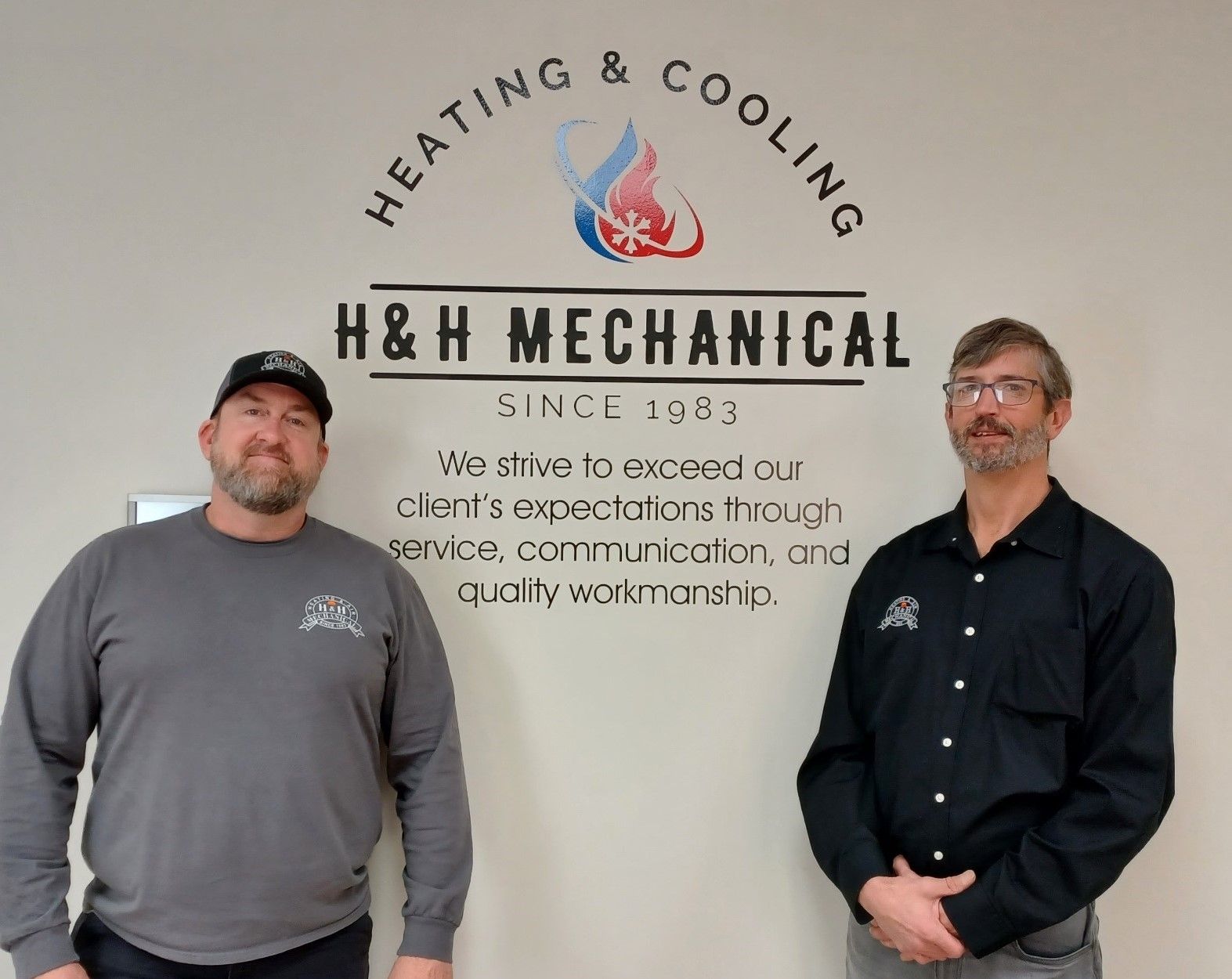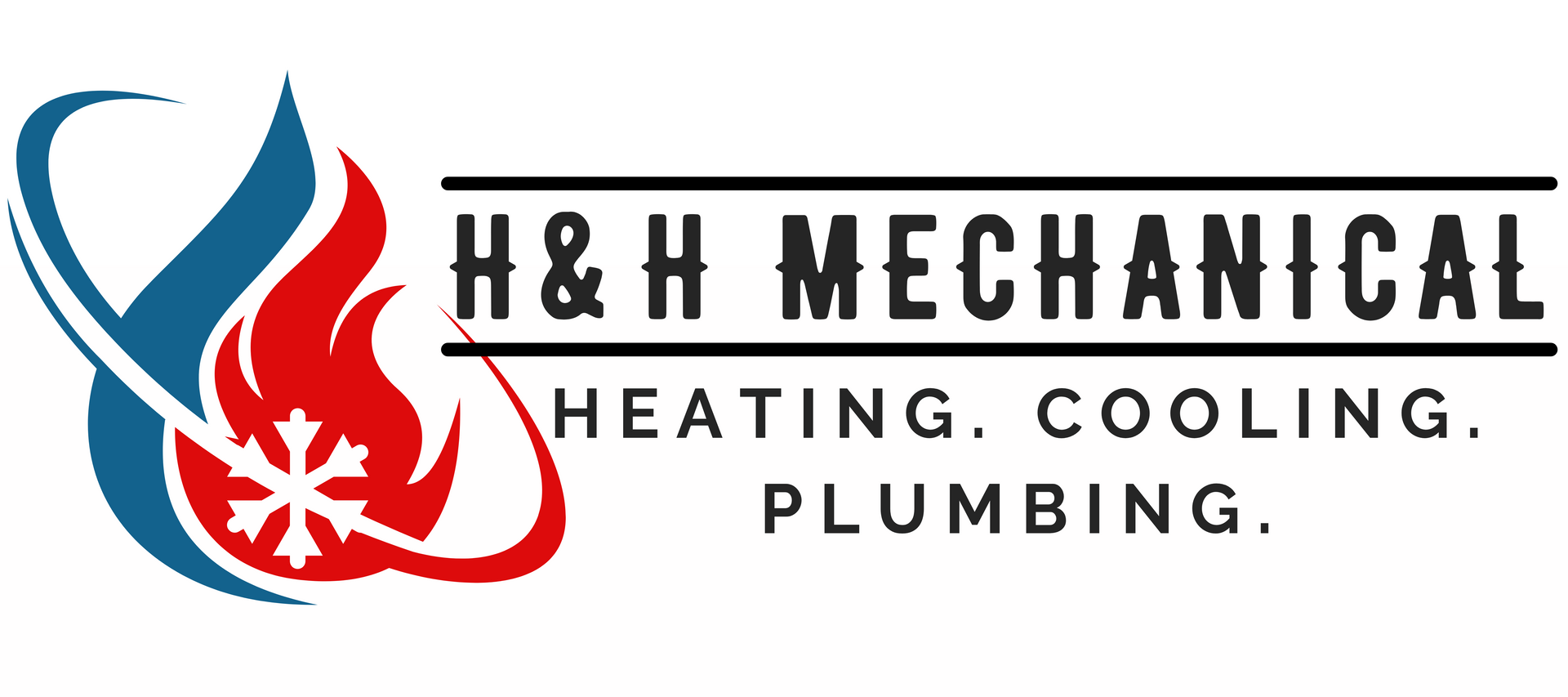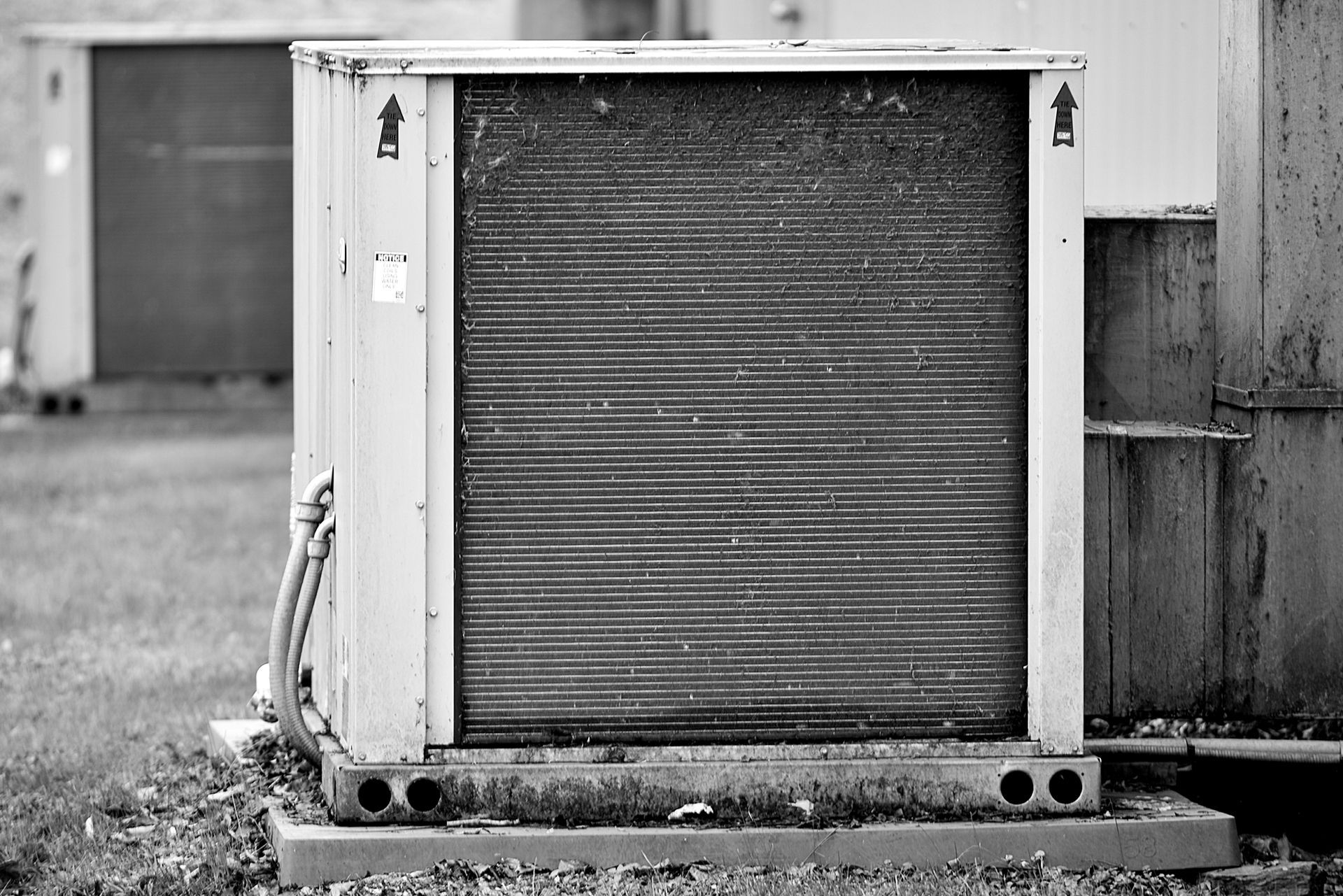Spotlight: Meet the Owners of H & H Mechanical

At H & H Mechanical, we are proud to introduce the owners of our business, Craig Haldane and Joe Moon- a pair of experienced professionals who are committed to providing top-notch service and quality workmanship. With decades of experience in the heating, ventilation, and air conditioning (HVAC) industry, our owners have the knowledge and expertise to help you get the job done right. From installation to repair, they will make sure that your HVAC system is running smoothly and efficiently. We are committed to providing exceptional customer service and satisfaction - something that has been at the heart of H&H Mechanical since its inception.
We want to give you a little insight into the lives of Craig and Joe. They have seen the HVAC industry grow and evolve, introducing new standards and technologies to our customers. H & H Mechanical looks forward to our future with them at the helm.
Craig & Joe were asked the same 10 icebreaker questions, and their responses were quite interesting.
- How long have you been in the HVAC business?
Craig: For 30 years, I've been reaping the benefits of completing my HVAC Schooling back in 1993. This journey has proved to be exceptionally rewarding, and I'm grateful for the amazing opportunities it has yielded for me and my family.
Joe: For the past 30 years; it's been a truly amazing and rewarding experience that has enabled me to accomplish some incredible feats.
2. How long have you been with H&H Mechanical?
Craig: 26 years total for me, from 1994 to 2004 and then again from 2006 to present. I started as a helper and have worked my way through almost every position to here.
Joe: Ten years ago, I was beyond grateful to join the H & H Mechanical team as a Service Technician. The past decade has been an incredible journey with many memories along the way, and I am proud and humbled to have been promoted to Service Manager a few years ago, and now taking the reins as an Owner of the company is a great honor.
3: What are three words that best describe you?
Craig: caring, loyal & hardworking
Joe: honest, loyal, problem solver
4: What is your favorite hobby?
Craig: fishing
Joe: golf
5: What is one item you can’t live without?
Craig: A good truck
Joe: As much as I hate to say it, my cell phone
6: What is a fun fact people might not know about you?
Craig: I lived in Japan for 3 years.
Joe: Every night, I am grateful for the comfort of snuggling up to my two 90 lb. Doberman Pinschers, and of course, my loving wife is there too!
7: What do you like best about your career?
Craig: It’s constantly changing; there is always something new: new people, new places, new challenges.
Joe: As a service minded person, I like helping people. It's my way of showing that I care and making the world just a little brighter.
8: Where is your favorite place?
Craig: Fort Morgan, Alabama
Joe: Costa Rica, it’s beautiful!
9: Do you have a favorite line from a movie?
Craig: I love movies, I can’t pick just one.
Joe: “You’re killin’ me, Smalls”
10: Pick three words to describe H & H Mechanical.
Craig & Joe: honest, service minded, dedicated






